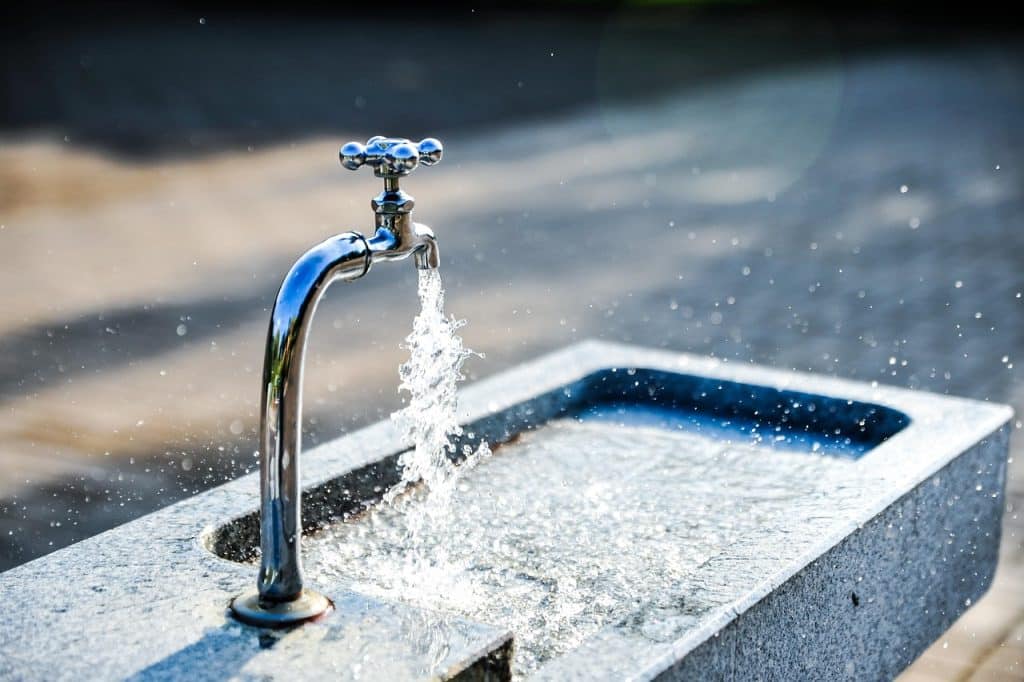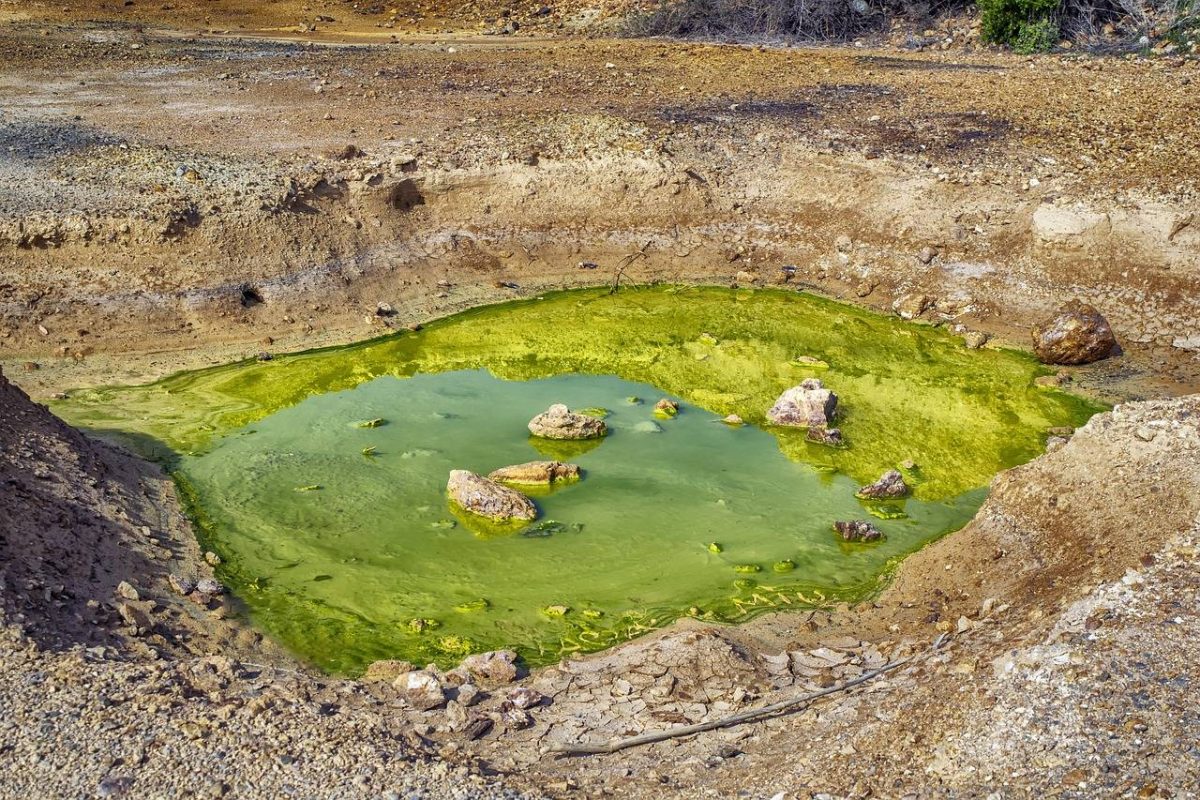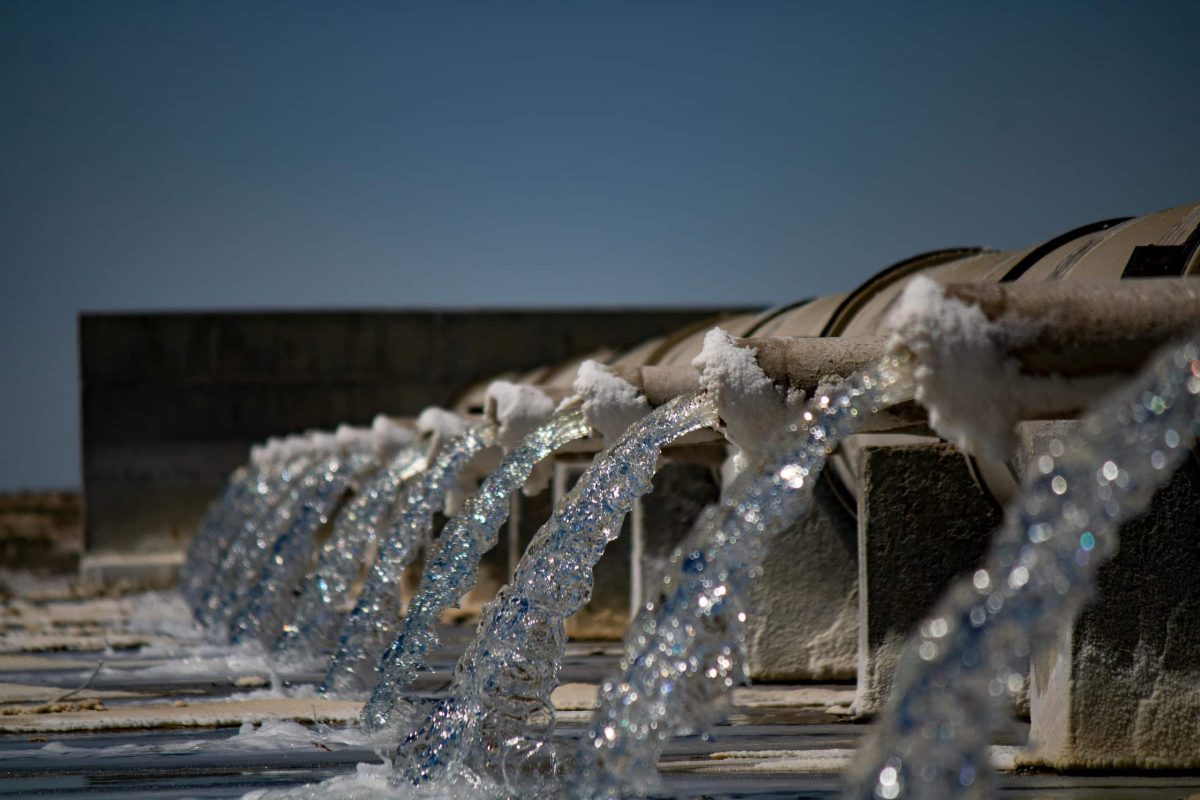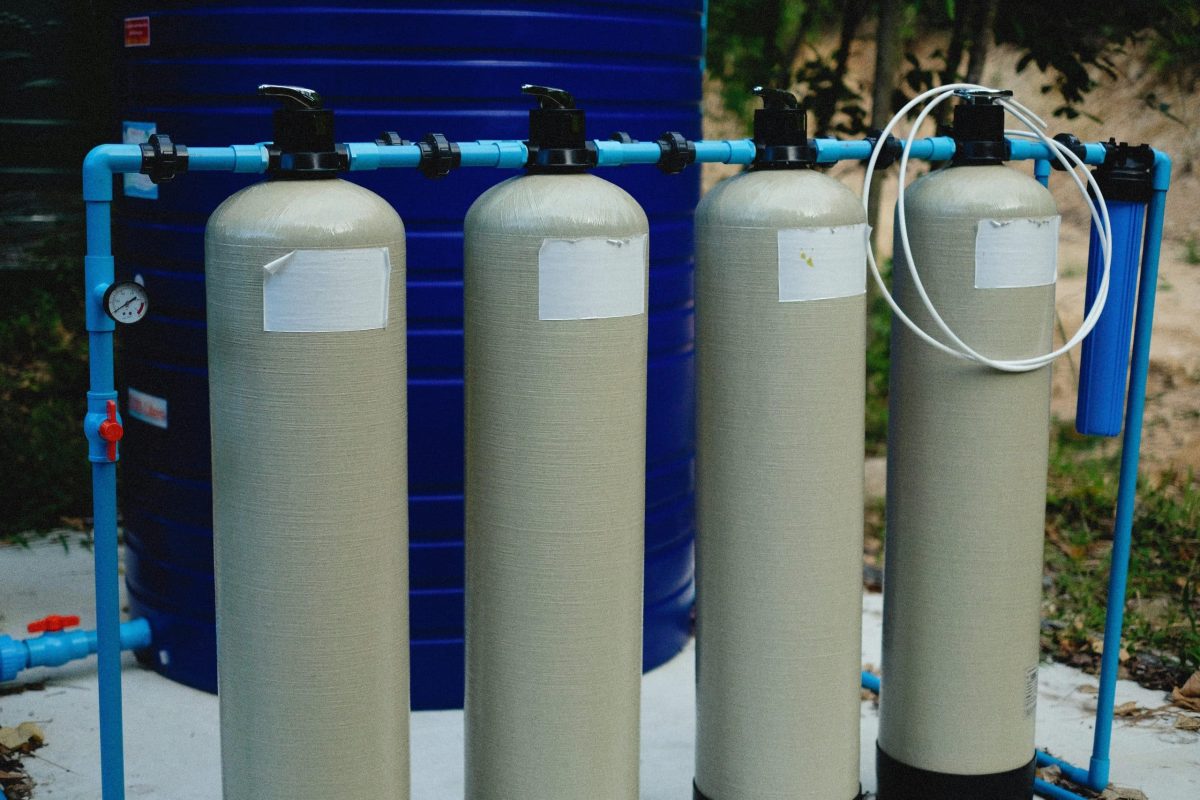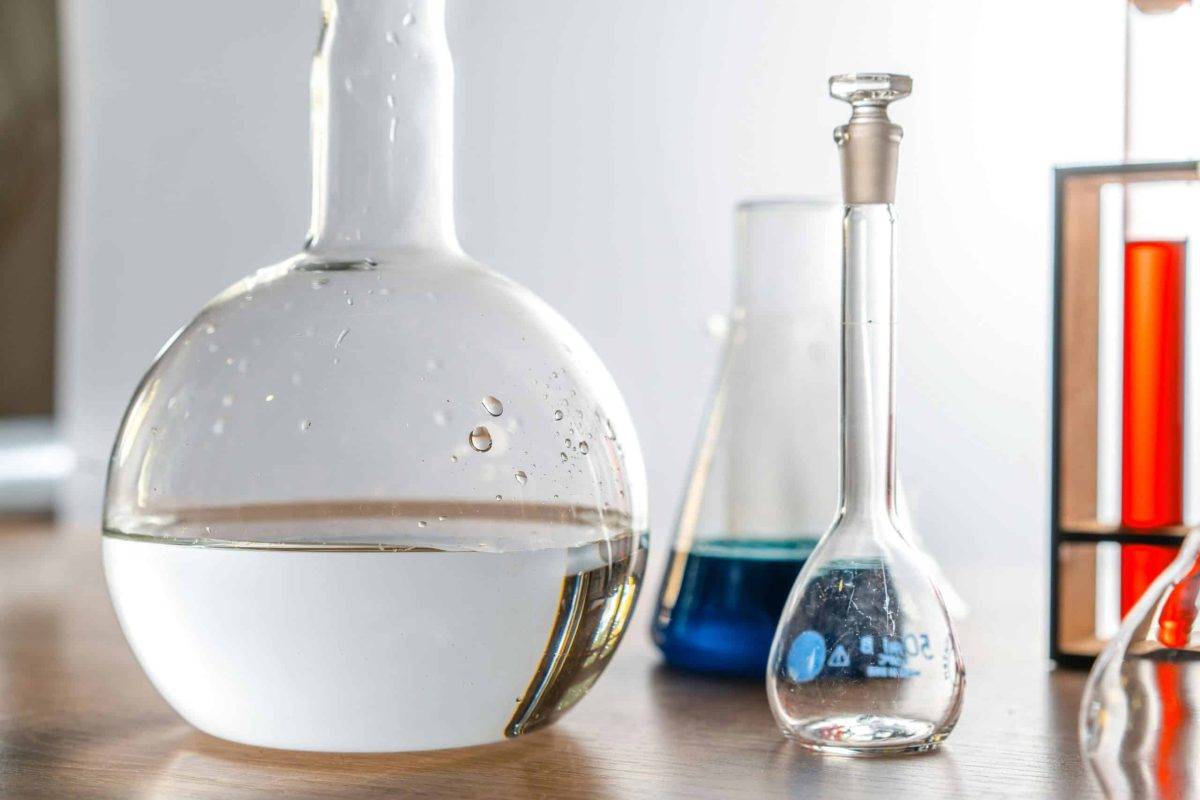Clean Water: How Macon, Georgia Leads the Way
Water is essential for life. It nourishes our bodies, powers our industries, supports agriculture, and sustains our communities. Today, Macon Georgia leads the way with clean water initiatives, something Americans often take for granted. Clean Water: How Macon, Georgia Leads the Way.
Across the United States, millions rely on public water systems to deliver safe, high-quality drinking water straight to their homes. Thanks to strict regulations, advanced technology, and dedicated professionals, American water quality is among the best in the world. However, when systems falter — due to aging infrastructure, industrial pollution, or environmental changes — the consequences can be devastating to health, the economy, and the environment.
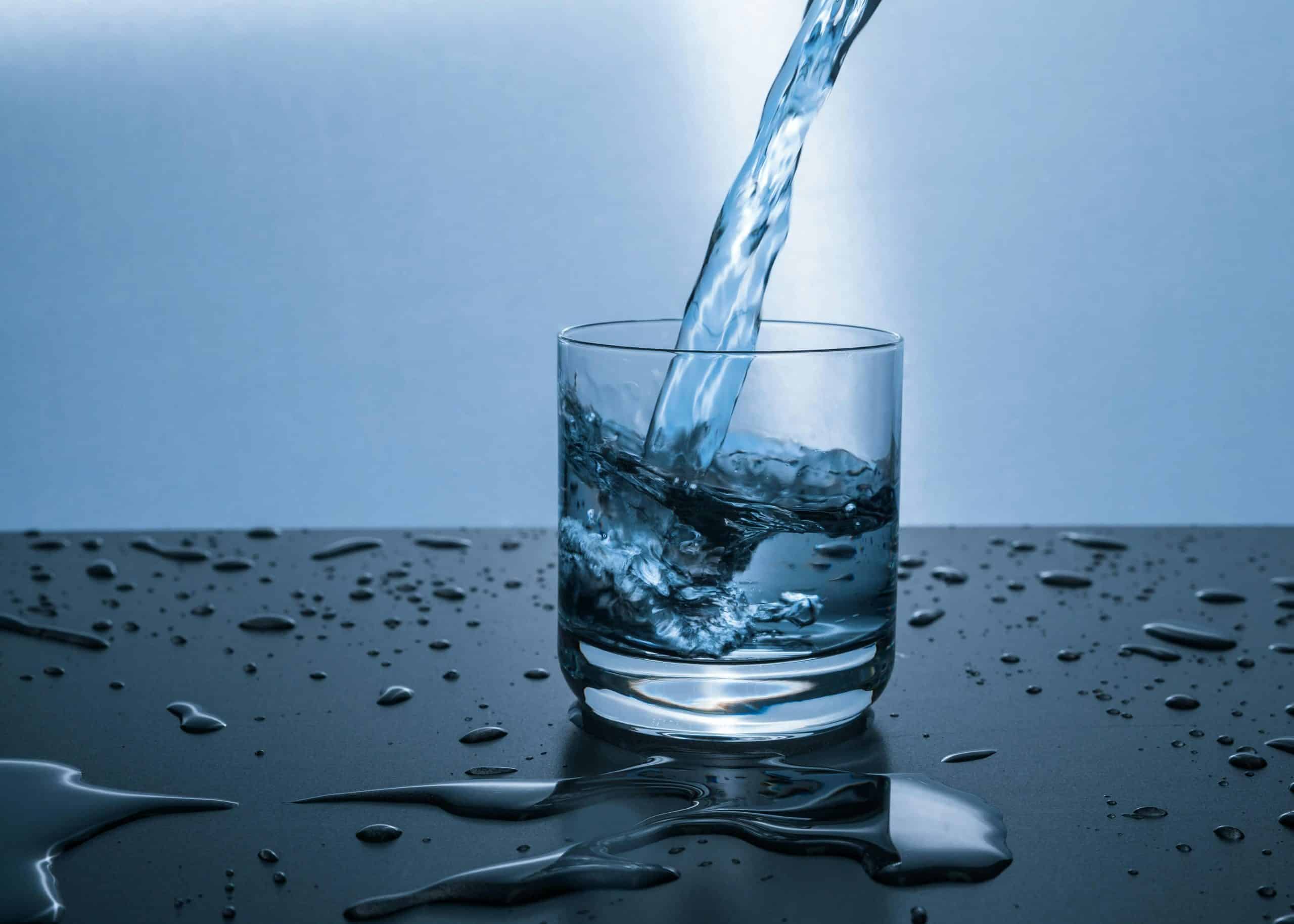
That’s why communities that invest in water quality, like Macon, Georgia, stand out as models of excellence. Not only has Macon Water Authority (MWA) earned accolades for having the Best Tasting Drinking Water in Georgia, but they also back that honor with hard scientific evidence of exceptional water quality. Their commitment offers a shining example of how prioritizing clean water safeguards public health and community prosperity.
In this blog, we’ll dive into why clean water is crucial for health, the most common sources of water contamination in U.S. cities, and how places like Macon are setting the gold standard for safe, reliable drinking water.
Why Clean Water Is Critical for Our Health
Water is the foundation of human biology. About 60% of our bodies are composed of water, and it plays a critical role in nearly every bodily function — from regulating temperature and aiding digestion to flushing out toxins and carrying nutrients to cells.
When the water we consume is clean, it supports health and prevents disease. However, when it’s contaminated, it becomes a vehicle for harmful pathogens, heavy metals, and chemicals that can wreak havoc on the body.
Contaminated water can lead to a wide range of health problems, including:
-
Gastrointestinal illnesses from bacteria like E. coli.
-
Neurological damage caused by lead and mercury.
-
Cancer risks linked to chemicals like arsenic and industrial solvents.
-
Reproductive issues and birth defects from long-term exposure to toxic substances.
Vulnerable groups — such as infants, the elderly, pregnant women, and those with weakened immune systems — are especially at risk. In these populations, even minimal exposure can cause serious health issues.
Access to clean water isn’t just a matter of convenience. It’s a matter of life and death. Every family, every business, every community depends on safe, clean drinking water to thrive.
Clean Water: How Macon, Georgia Leads the Way
Common Causes of Water Contamination in U.S. Cities
Despite strict regulations and monitoring, water contamination remains a persistent threat. Understanding the sources of contamination is key to preventing future crises.
1. Aging Infrastructure
Many American cities rely on water systems that are decades — sometimes even a century — old. Lead pipes, corroded distribution lines, and outdated treatment plants can compromise water quality. The Environmental Protection Agency (EPA) estimates there are still over 6 million lead service lines in the United States today.
2. Industrial Pollution
Industrial facilities sometimes discharge pollutants into nearby water sources, either accidentally or through improper waste management. Heavy metals, chemicals, and solvents can contaminate drinking water supplies, posing long-term health risks.
3. Agricultural Runoff
Fertilizers, pesticides, and animal waste from farms can seep into waterways, introducing nitrates, bacteria, and toxic substances into drinking water sources.
4. Urban Runoff
In urban areas, rainwater washes over roads, parking lots, and sidewalks, collecting oil, heavy metals, trash, and other pollutants. This runoff often ends up in rivers and reservoirs without proper filtration.
5. Climate Change and Natural Disasters
Extreme weather events — floods, hurricanes, and droughts — can overwhelm water treatment systems and introduce new contaminants into the water supply. As climate change intensifies, so do these risks.
6. Improper Waste Disposal
When individuals improperly dispose of chemicals, medications, and hazardous materials, these substances can find their way into the water system over time, impacting the safety of the water supply.
Water Crises That Changed America
Several high-profile contamination crises have revealed the vulnerabilities of U.S. water systems:
Flint, Michigan
In 2014, Flint switched its water source to the Flint River without properly treating the water, causing lead from aging pipes to leach into the drinking water. Thousands of residents, particularly children, suffered exposure to dangerous levels of lead.
Jackson, Mississippi
In 2022, severe flooding and chronic underfunding caused the collapse of Jackson’s water system, leaving residents without access to safe drinking water for weeks.
Camp Lejeune, North Carolina
Between the 1950s and 1980s, residents and military families at Camp Lejeune were exposed to drinking water contaminated with industrial solvents, leading to decades of serious health problems, including cancer and birth defects.
These disasters serve as stark reminders: maintaining clean water systems is not optional. It’s a necessity.
Clean Water: How Macon, Georgia Leads the Way
How Macon, Georgia Leads by Example
While some cities struggle with water safety, Macon, Georgia, shines as a success story. The Macon Water Authority (MWA) is committed to producing not just safe drinking water, but water of the highest possible quality — and they have the accolades to prove it.
A Taste and Quality Winner
In spring 2023, Macon Water Authority (MWA) was awarded the title of Best Tasting Drinking Water in Georgia, judged by industry experts from the Georgia Association of Water Professionals (GAWP). But the MWA team didn’t stop there. They backed up their win with scientific data in the form of their 2023 Consumer Confidence Report (CCR).
“Winning the title of Best Tasting Drinking Water was a proud moment for us, judged by industry experts. But this Water Quality Report backs up that achievement with hard scientific data,” says Gary McCoy, Director of Water Treatment for MWA. “Our results show that we’re not only producing great-tasting water but also maintaining exceptional quality standards set by both state and federal agencies.”
Rigorous Testing and Verification
Throughout 2022, McCoy and his dedicated team at the Amerson Plant’s Water Quality Laboratory conducted intensive testing at every point in the water production and distribution system — from Javors Lucas Lake and the Ocmulgee River to the final tap. Their results were verified by the Georgia Environmental Protection Division (EPD), which confirmed that MWA maintained full compliance with drinking water standards every day of the year.
“In 2022 alone, we produced more than 9.8 billion gallons of safe drinking water at the Amerson Plant, and every gallon met or exceeded quality standards,” McCoy notes proudly.
At no point was the MWA in violation of any safety or quality regulations, providing confidence and peace of mind to more than 55,000 customer accounts in the Macon area.

Clean Water: How Macon, Georgia Leads the Way
Nationally Recognized Excellence
In addition to the Consumer Confidence Report and Best Tasting Water title, MWA’s Amerson Plant earned even more accolades this year:
-
Certificate of Achievement for Best Operated Water Treatment Plant in Georgia.
-
Platinum Award for achieving 100% permit compliance for an incredible ten consecutive years.
These awards are more than just trophies; they are a reflection of MWA’s deep, ongoing commitment to the people of Macon.
Transparency and Public Access
MWA believes in transparency. The 2023 Consumer Confidence Report is publicly available on their website under the publications section. Residents can also pick up printed copies at the MWA’s Second Street Administrative Office or request one by mail.
For more information, citizens are encouraged to contact Gary McCoy directly at 478-464-5653 or by emailing gmccoy@maconwater.org. Get Involved: Annual Community Outreach Events

Clean Water: How Macon, Georgia Leads the Way
How Clean Water is Protected and Maintained
Safeguarding drinking water involves a combination of smart policies, rigorous testing, community education, and continual infrastructure investment.
Regulatory Oversight
The EPA’s Safe Drinking Water Act requires water utilities to meet strict standards. State agencies, like Georgia’s EPD, perform additional oversight, ensuring compliance and transparency.
Consumer Confidence Reports (CCR)
Each year, community water systems publish CCRs that detail:
-
The source of their water.
-
What contaminants (if any) were detected.
-
Whether standards were met.
-
Educational information on protecting water quality.
MWA’s 2023 CCR is a shining example of how a utility can keep its citizens informed and reassured.
Clean Water: How Macon, Georgia Leads the Way
How You Can Help Protect Clean Water
Water quality isn’t just the responsibility of government and utilities; every citizen plays a role.
Personal Actions
-
Dispose of hazardous materials properly.
-
Reduce fertilizer and pesticide use.
-
Use eco-friendly cleaning products.
-
Install certified home water filters if necessary.
Community Involvement
-
Advocate for water infrastructure investment.
-
Support clean water initiatives and legislation.
-
Participate in local waterway cleanup events.
Protecting clean water requires a community effort, just as Macon has demonstrated.
Clean Water: How Macon, Georgia Leads the Way
Conclusion
Clean water is essential to human health, economic strength, and environmental sustainability. But it doesn’t happen by accident — it requires investment, vigilance, and pride. Communities like Macon, Georgia, show us what’s possible when water quality is treated as a sacred trust.
Through the hard work of professionals like Gary McCoy and the team at MWA, Macon residents can enjoy not only award-winning, great-tasting water but also the peace of mind that comes from knowing their tap water meets the highest standards of safety and excellence, and this continues in 2025. Amerson Water Treatment Plant, operated by the Macon Water Authority, has earned multiple awards and national recognition as one of the top water production facilities in the country.
What drives their outstanding performance? Learn more by visiting The Telegraph.
Clean water is a right — and Macon is leading by example.
Let’s honor that example by protecting and advocating for safe, clean drinking water for all.

